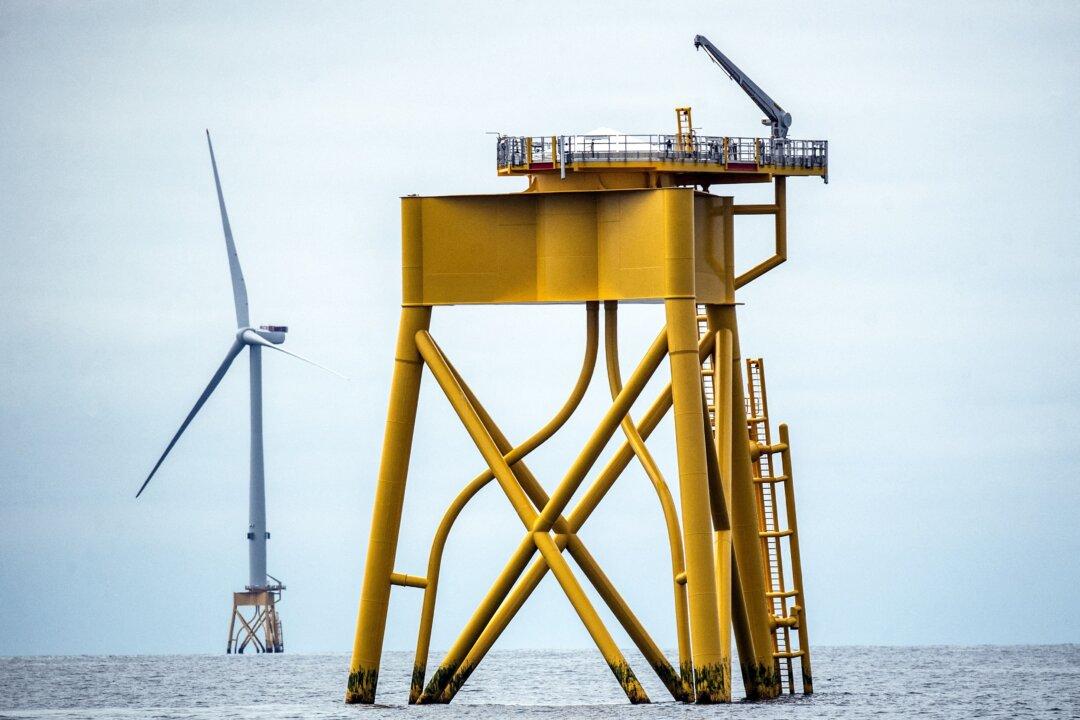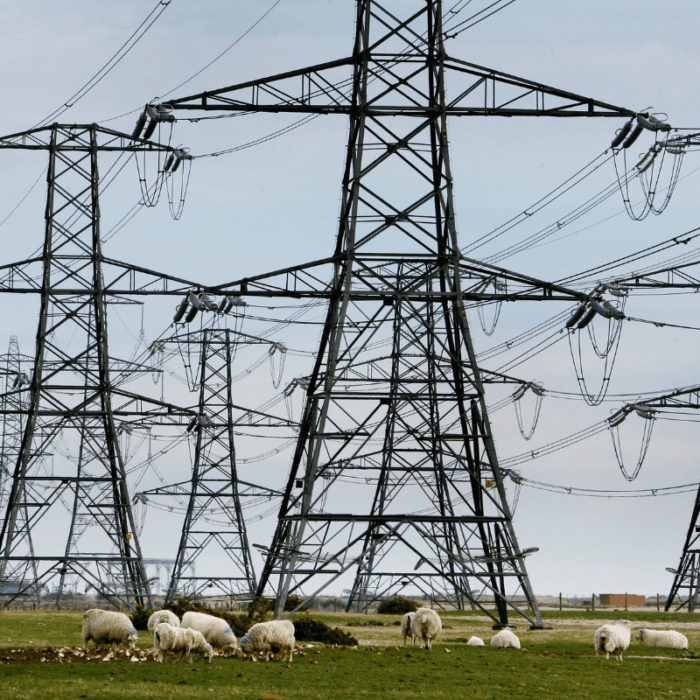Scotland’s target of reducing carbon emissions by 75 percent by 2030 is “beyond what is credible” to be achieved, the independent climate advisory body has said.
On Wednesday, the Climate Change Committee (CCC) said that the Scottish Government was “failing to achieve” the country’s “ambitious” climate goals. The committee said that in order to meet the target, emissions reduction in most sectors would have to increase by a factor of nine between now and 2030.
“The acceleration required in emissions reduction to meet the 2030 target is now beyond what is credible,” the report to the Scottish Parliament said.
“The Scottish Government is failing to achieve Scotland’s ambitious climate goals,” the CCC said.
The report also noted that “only three of the 14 key recommendations from the CCC’s 2022 Scottish Progress Report scored ‘good progress’. Two scored ‘moderate progress’, seven scored ‘some but insufficient progress’, and two made ‘no progress’ at all.”
While the UK government has set net zero targets, Scotland has its own milestones for reducing carbon emissions, including the interim goal of reducing carbon emissions by 75 percent—compared to levels of territorial emissions in 1990—by 2030. The UK government aims for a 68 percent reduction by that year.
Annual Targets ‘Repeatedly Missed’
Scotland’s annual targets for reducing emissions are “repeatedly missed,” said the CCC, marking eight times in 12 years that goals have not been achieved. The report also noted that emissions increased in 2021, in part owing to colder than average temperatures and a rise in transport emissions post-COVID-19 lockdowns.The CCC also chastised the Scottish Parliament for failing to publish its new draft Climate Change Plan, which was due for release in late 2023.
Without the plan, there is “no comprehensive delivery strategy for meeting future emissions targets” and “actions continue to fall far short of what is legally required.”
Progress ‘Off Track’ for Heat Pumps, Tree Planting, Recycling
The CCC pinpointed that “most key indicators of delivery progress are off track,” including heat pump installations, recycling, tree planting, peatland restoration, and selling electric cars and vans.The independent advisory body noted that the sale of electric vehicles was lower than in the UK as a whole, at just 2 percent in 2022. The report said that Scotland will need to “treble the pace of rollout of public electric vehicle charge points” as well as reduce car traffic by 20 percent.
Just 6,000 domestic heat pumps had been installed in Scotland last year, with the CCC saying this needed to increase “by a factor of at least thirteen” to meet the target of 80,000 a year by the end of this decade.
Scotland had also missed its peatland restoration target for the fifth year in a row, while “more than double” the amount of new woodland needs to be created, with just 8,000 hectares established in 2022–2023 compared to an aim of 18,000 hectares.
While the report did say that Scotland was on track for its offshore wind capacity by 2030, onshore wind capacity needs to “double.”
Scotland ‘Half Way to Net Zero’
The Scottish Government’s net zero secretary, Mairi McAllan, said that she was grateful for the latest advice from the CCC’s report, and that her government remains “fully committed to meeting our target of net zero emissions by 2045, and in 2024–25 alone we are committing £4.7 billion to support the delivery of our climate change goals.”“Scotland is already half way to net zero and continues to decarbonise faster than the UK average,” Ms. McAllan said.
The minister outlined her government’s net zero endeavours in the last five years, including that Scotland had created around 75 percent of all new UK woodlands and invested over £65 million to support the installation of over 2,700 public electronic vehicle charging points, “ensuring Scotland has the best provision of public charge points per head of population in the UK, outside of London.”
“However, over the past 12 months Scotland has faced a series of unprecedented changes by the UK government, who have reneged on their net zero commitments, and rolled back on policies already announced and accounted for,” Ms. McAllan said.
“We are also expecting a real-terms cut to our UK capital funding of almost 10 percent over five years, totalling around £1.3 billion, which is deeply concerning given it has implications for the delivery of climate ambition in Scotland and our ability to produce a draft Climate Change Plan as intended,” she continued.
The net zero secretary said her government had also faced opposition to “modest” climate measures, such as low emission zones and workplace parking.
Scotland’s 2030 Target a ‘Fiscal Risk’
The CCC assessment of the Scottish Government’s ability to meet its ambitious net zero targets comes after the Scottish Fiscal Commission (SFC) said the government would have to spend £1.1 billion a year over the period of 2020 to 2050 to achieve net zero. This is around 18 percent of its capital budget.The SFC said in its report published last week that while achieving net zero is a responsibility shared by the central UK and Scottish governments, the “fiscal burden” may fall more onto Scotland which will need to invest more in forestry and land use.
The committee also labelled the 2030 target to reduce emissions by 75 percent a “fiscal risk,” saying, “Overall, this presents a substantial pressure for public spending and could be difficult to manage within the Scottish Budget.”







